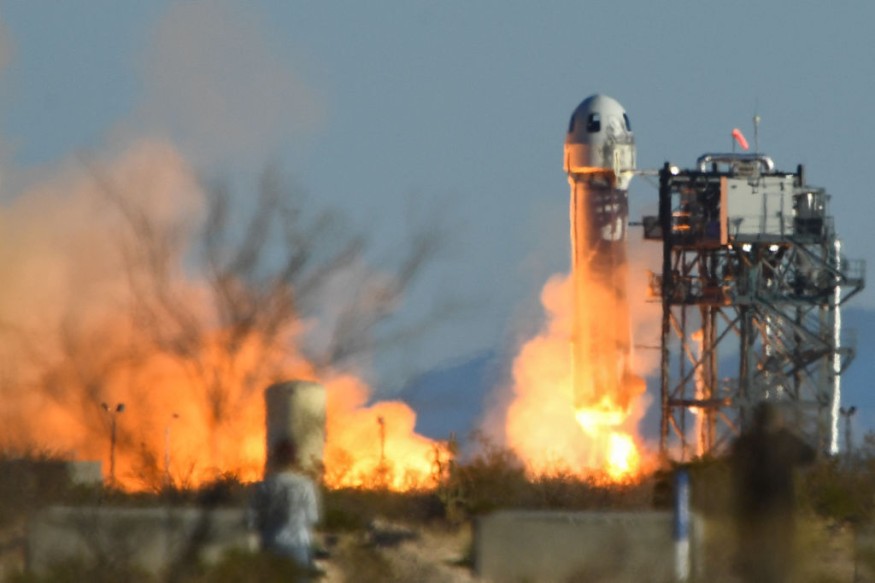A new study shows that space travel and rocket launches might affect the ozone layer's recovery and our climate.
According to the study's authors, the space industry is one of the "fastest-growing sectors" worldwide. Blue Origin, SpaceX, and Virgin Galactic sparked a recent surge in interest in space tourism. The market is expected to rise from $350 million in 2019 to $1 trillion by 2040.
In a study issued in Earth's Future, researchers underscored the importance of understanding the re-entry heating of used and abandoned rocket parts and historical debris and the risks to Earth's atmosphere from rocket pollution.

Space Launches Affect Earth's Ozone Layer, Climate
According to the University College London (UCL), the researchers' study included compiling a list of the chemicals from rocket launches and re-entries in 2019 and the projections for expanding space tourism.
The researchers then combined the data into a 3D model to examine any potential impacts on the climate and stratospheric ozone layer.
In fact, the researchers discovered that compared to all other sources of soot (surface and aircraft combined), rocket soot is roughly 500 times more effective at warming the atmosphere.
According to the study's co-author Eloise Marais of UCL Geography, soot particles from rocket launches have a significantly more climatic impact than airplanes and other Earth-based sources.
Therefore, fewer rocket launches are required to have the same effect as more frequent foreign flights.
"Warming due to soot is 3.9 mW m-2 from a decade of contemporary rockets, dominated by emissions from kerosene-fueled rockets," the researchers pointed out in a press release.
"However, this more than doubles (7.9 mW m-2) after just three years of additional emissions from space tourism launches, due to the use of kerosene by SpaceX and hybrid synthetic rubber fuels by Virgin Galactic," researchers added.
Experts also deemed the soot from rocket launches a "great concern." by the experts.
Montreal Protocol
The recovery that has been attained through the Montreal Protocol may be "small" by frequent space tourism missions, even if the present ozone loss from rocket launches is thought to be "undermined."
Montreal Protocol is a "landmark" accord that controls the manufacturing of synthetic chemicals that deplete the ozone layer. According to UCL in the said release, it is considered to be one of the most successful international environmental policy interventions.
Overall, this provides a fresh perspective on the "rapidly growing industry" According to the researchers, it emphasizes the need to have a conversation about any potential environmental effects.
Ryan claims that the study enables the researchers to embark on the new age of space travel with a keen awareness of all the repercussions.
In order to lessen harm to the stratospheric ozone layer and climate, Ryan continued, the discussion about regulating the environmental effect of the space launch business needs to get on right away.
RELATED ARTICLE : Night Sky Turned Red for 10 Minutes: Is It Dangerous and Should We Blame SpaceX It?
Check out more news and information on Space in Science Times.











